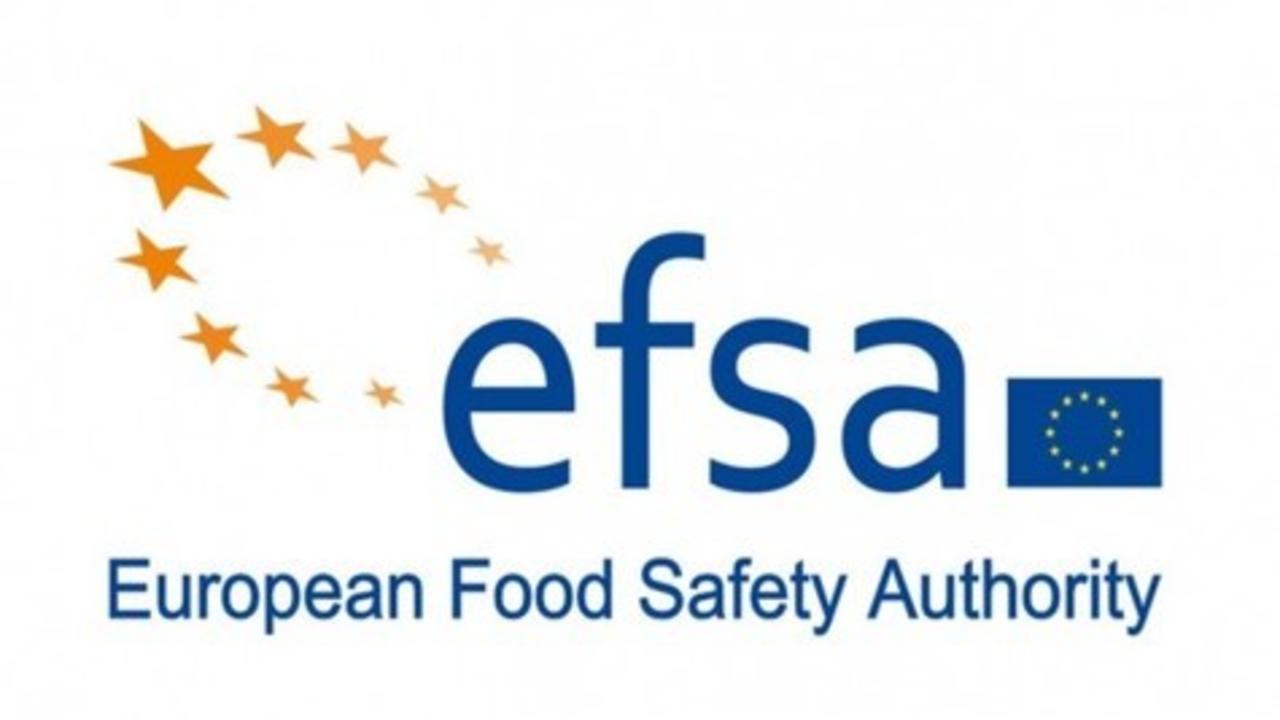
EFSA Rejects Soy Health Claims for Bone Health and Menopause
Sep 16, 2012The European Food Safety Authority (EFSA) last week rejected yet another soy health claim.
This time EFSA put the kibosh on claims that soy eases menopause and stops osteoporosis. According to the online industry newsletter NutraIngredients, the European Natural Soyfoods Manufacturers was “surprised and disappointed” at EFSA’s decision, which it reached “despite a large amount of scientific evidence.”
Disappointed? For sure. Surprised? Not likely, given that EFSA has repeatedly rejected soy health claims over the past several years, and has roundly criticized the “science” being presented in support of unwarranted claims. Indeed, this last June EFSA rejected a proposed soy heart health claim for the third time. With three strikes against it, the soy industry has struck out, and will now have to remove all soy heart health claims from products sold in the EU.
Last week it dashed the soy’s industry hope for a menopause and bone health claim. What’s more, EFSA’s Panel on Dietetic Products, Nutrition and Allergies (NDA) was highly critical of the quality of the menopause studies submitted by the European Natural Soyfoods Manufacturers, the European Vegetable Protein Federation and the UK Soy Protein Association. It reported that six of the thirteen randomized clinical trials showed no benefits, and one did not report hot flash results at all. Of the six that showed “statistically significant” reductions in hot flashes, EFSA said they were all “at high risk of bias due to major methodological weaknesses in the statistical analyses performed.”
Specifically, NDA faulted:
- Inadequate handling of or no consideration of missing data
- Failure to take into account repeated measures and/or multiple comparisons
- Analyzing data that was not normally distributed using statistical methods suited to a normal distribution
- Inadequate reporting of data.
The bone health studies didn’t fare much better. Of fourteen studies, EFSA found only two that showed a possible benefit. Those two reported an effect of soy isoflavones at doses of 54 mg per day at the lumbar spine and femoral neck, which was accompanied by a significant increase in markers of bone formation and a significant decrease in markers of bone resorption. However, the panel noted that such changes in BMD at the lumbar spine seen in short term studies (six to nine months) could have “resulted from a change in the remodeling balance which may not be retained in subsequent remodelling cycles” and that “the evidence for a mechanism by which soy isoflavones may exert an effect on bone mass and turnover in post-menopausal women is weak.” As for the other 12 studies, they did not support bone health despite dosages of soy isoflavones as high as 200 mg per day.
The panel concluded the evidence was insufficient to establish a cause and effect relationship between the consumption of soy isoflavones and maintenance of bone mineral density in post-menopausal women.
In June 2012 EFSA rejected for the third time the soy-industry’s plea for a soy-reduces-cholesterol health claim. For its appeal, the soy industry submitted a meta-analysis of 23 studies in the vain hope that EFSA would accept the general conclusions. EFSA, however, chose to assess each of the 23 studies used in that meta-analysis and found all of them wanting. It concluded four of the randomized clinical trials “did not allow conclusions to be drawn on the effects of isolated soy protein on blood cholesterol concentrations owing to inadequate methodology or insufficient reporting.” The remaining randomized clinical trials were “at high risk of bias, owing to methodological limitations in the analysis and/or had poor reporting of the data.” The panel added that the differences in the results obtained between trials appeared to be unrelated to the doses of soy protein isolate used, the sample size or the study duration.
You’d think after a couple years of this, the soy industry would have wised up. Rather than “surprised and disappointed” it should feel thoroughly embarrassed.
Sources
http://www.efsa.europa.eu/en/efsajournal/doc/2847.pdf
http://www.efsa.europa.eu/en/efsajournal/pub/2555.htm?wtrl=01


